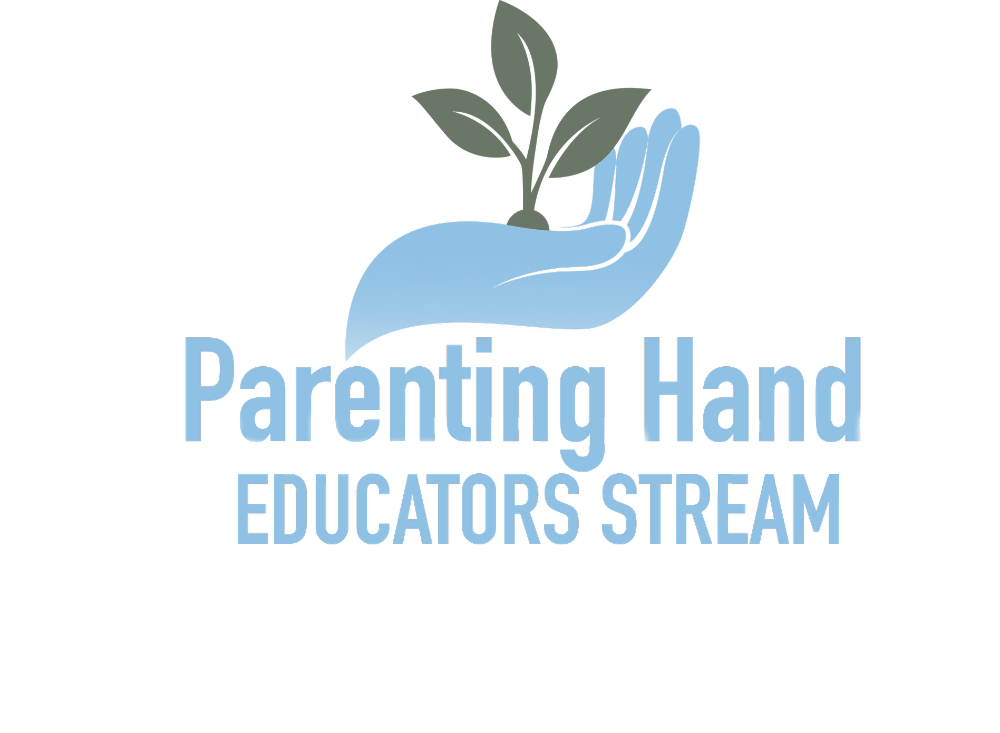Understanding Executive Function
May 15, 2022
Executive function is a set of mental skills that include working memory, flexible thinking, and self-control. We use these skills every day to learn, work, and manage daily life. Executive functioning skills combine the cognitive, communication, sensory, and motor skills we need to develop over time to become successful adults. From a very young age, we use these skills to conduct daily activities, from playing to socializing and learning. Challenges with executive function can make it hard to focus, follow directions, and handle emotions, among other things. When people struggle with executive function, it impacts them at home, at school, and in life.
By ages 5-12, children begin to take on greater responsibilities at home and school. The transition from early years to middle childhood is a critical adjustment period for children. In response to new changes and challenges, it’s very common for school-aged kids to be more irritable and less cooperative with routines and tasks. During these activities, it’s important that parents, teachers, and caregivers provide opportunities to practice executive functioning skills and positively reinforce when children succeed. Adults build a ‘scaffolding’ of support to help children develop skills like organization, time management, emotional control, and other important executive functioning behaviors. By the time we are teenagers and young adults, we have many experiences that have shaped our skills in these areas. At this time, the adults around us begin to disassemble the scaffolding and expect teens and young adults to continue to use executive functioning skills independently. While children may still have stumbles and missteps, if the foundational executive functioning skills were well-established, they can live healthy lives at home, school, and in personal relationships.
Whether it’s because of a diagnosis, language and communication difficulties, low motivation, or another learning barrier, sometimes the foundational executive functioning skills aren’t sturdy enough to support more advanced behaviors. Perhaps the skills stall out, and a child doesn’t continue to progress towards more complex behaviors. Or for some children, they may continue to develop more complex executive functioning behaviors, but it’s at a much slower pace than we’d expect from their same-age peers. Regardless, current research shows that it’s possible to overcome these barriers. Overcoming them may also contribute to improvements in other areas like academics and problem behaviour. Some learners need more dedicated practice to build independence. Others might need targeted interventions that specifically focus on one or more executive functioning skills. And a small group of unique learners may need long-term strategies and supports in these areas throughout childhood and as they transition to adulthood.
Many children who learn and think differently have trouble with executive function. All kids with ADHD struggle with it. These difficulties don’t mean children aren’t smart. Brain differences make it hard for some children to focus, set goals, get started, and stay on task. This includes things like doing homework and daily routines. These kinds of struggles are often misunderstood. Adults might think kids are just being lazy or aren’t capable of doing more. But with the right support, children with executive functioning issues can thrive.
Check the Parenting Hand resource section for ideas and tools to strengthen your child’s executive functioning skills.
Renée
Stay connected with news and updates!
Join my mailing list to receive the latest news, updates, and blog posts!
Don't worry, your information will not be shared.
We hate SPAM. We will never sell your information, for any reason.

